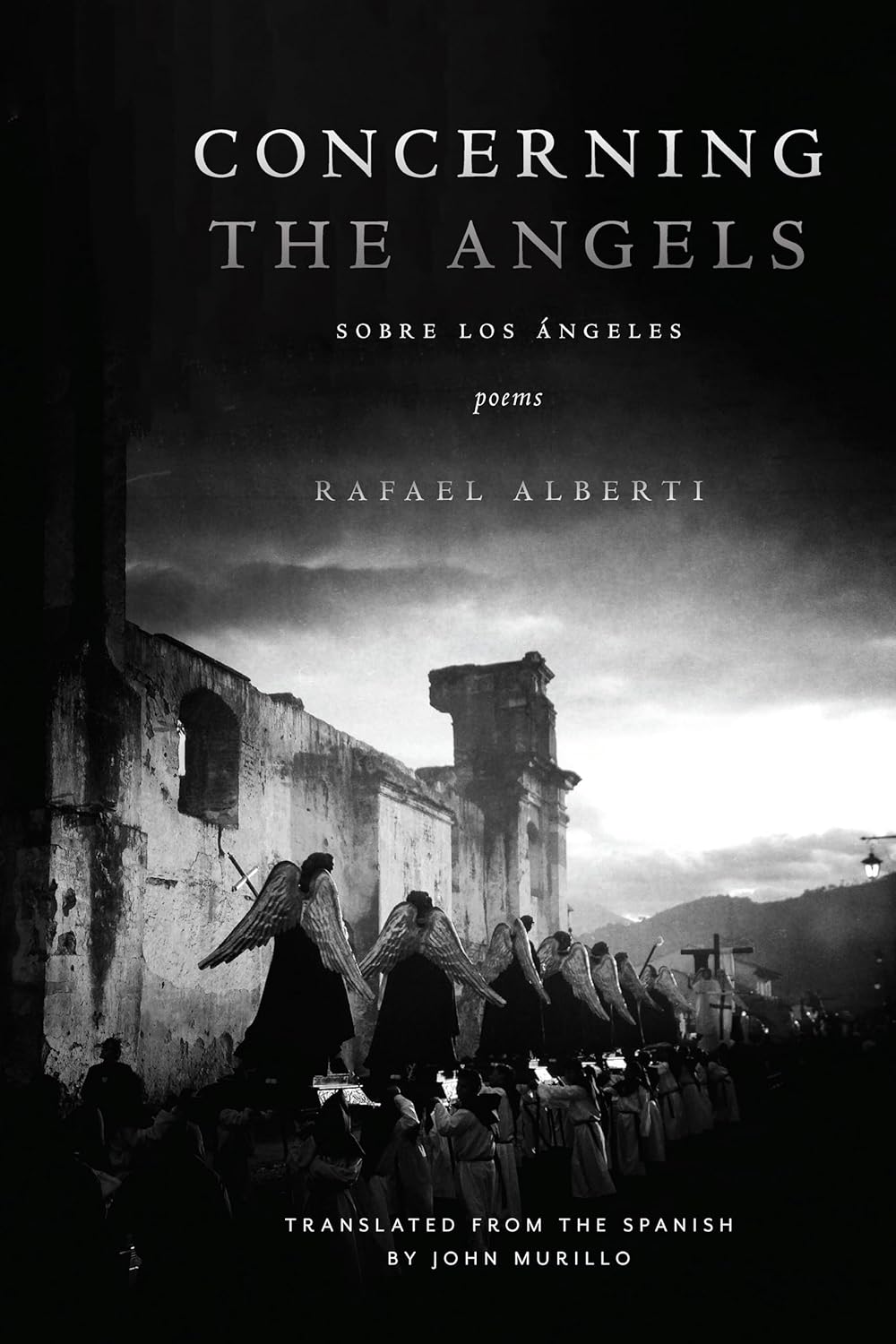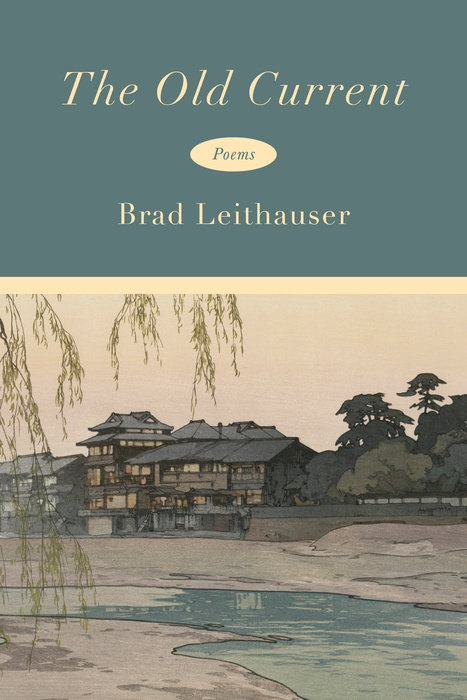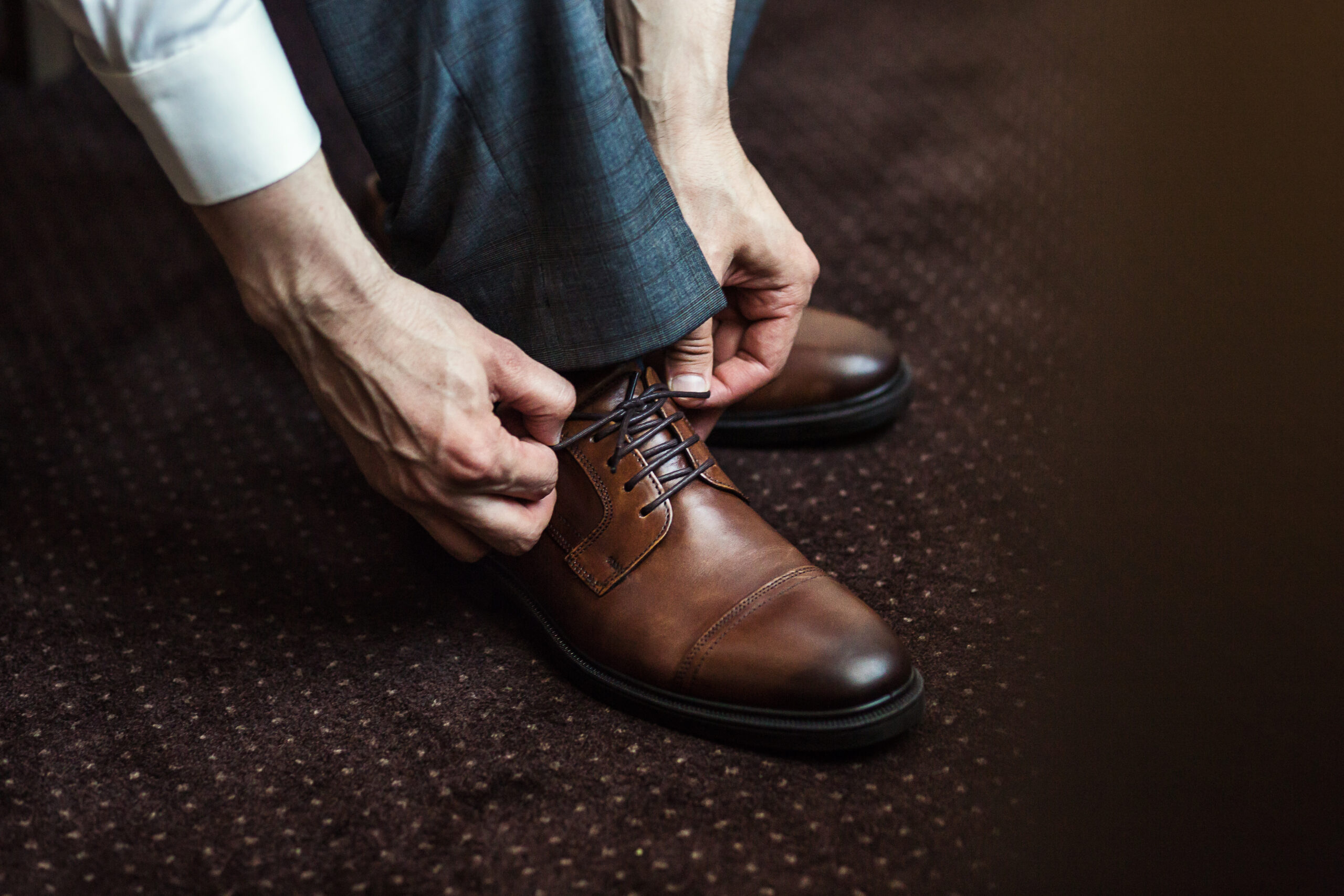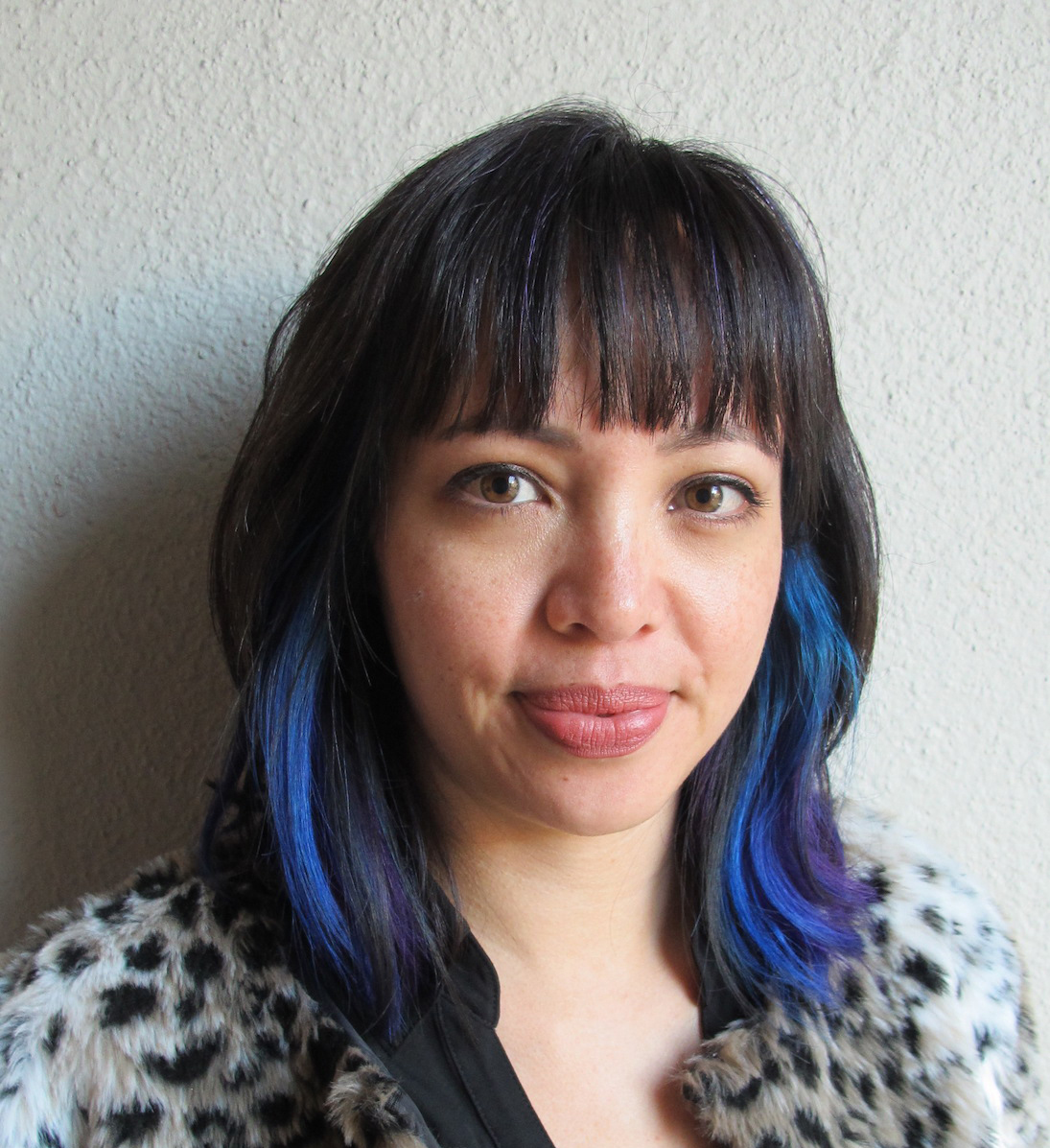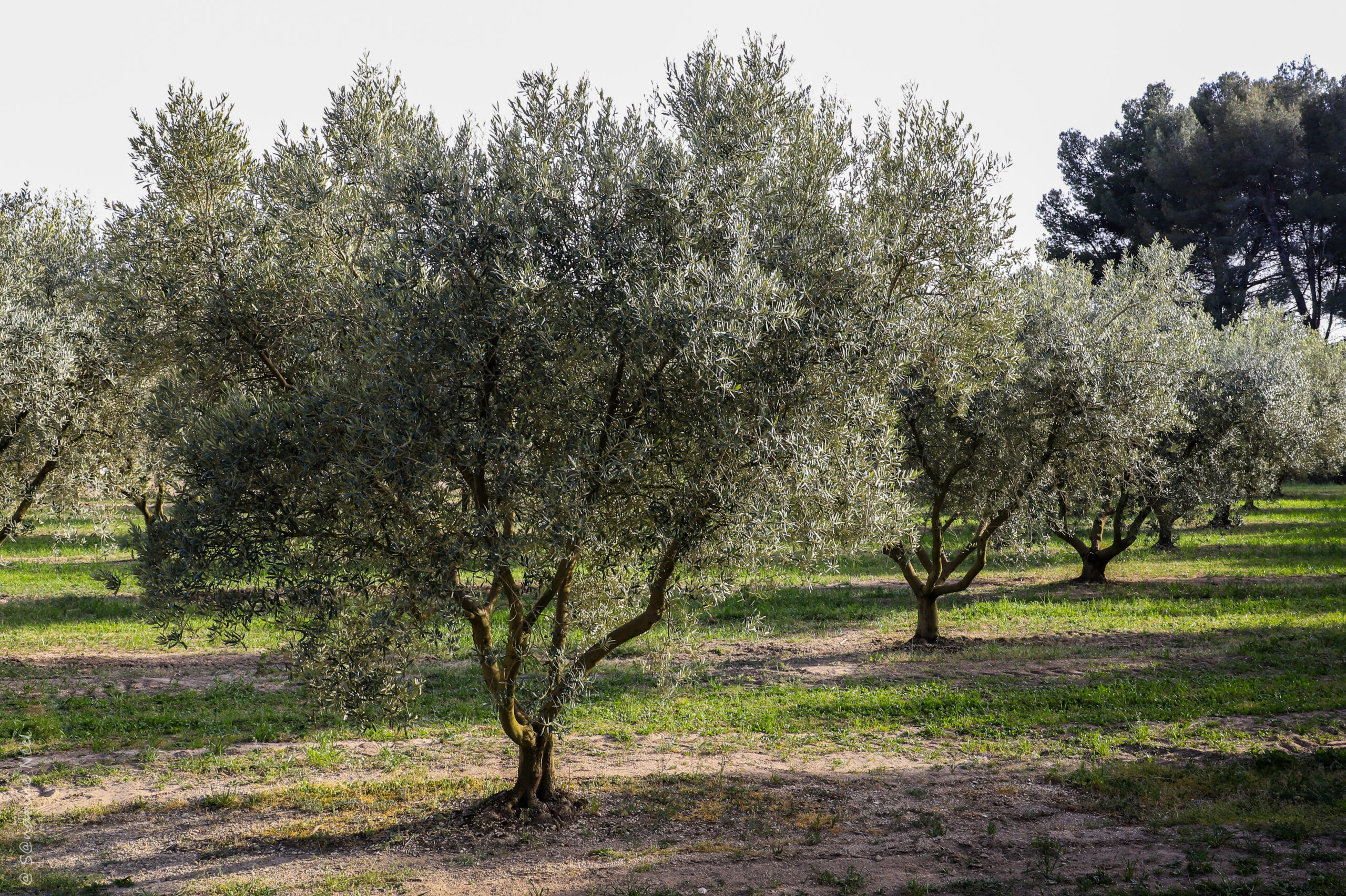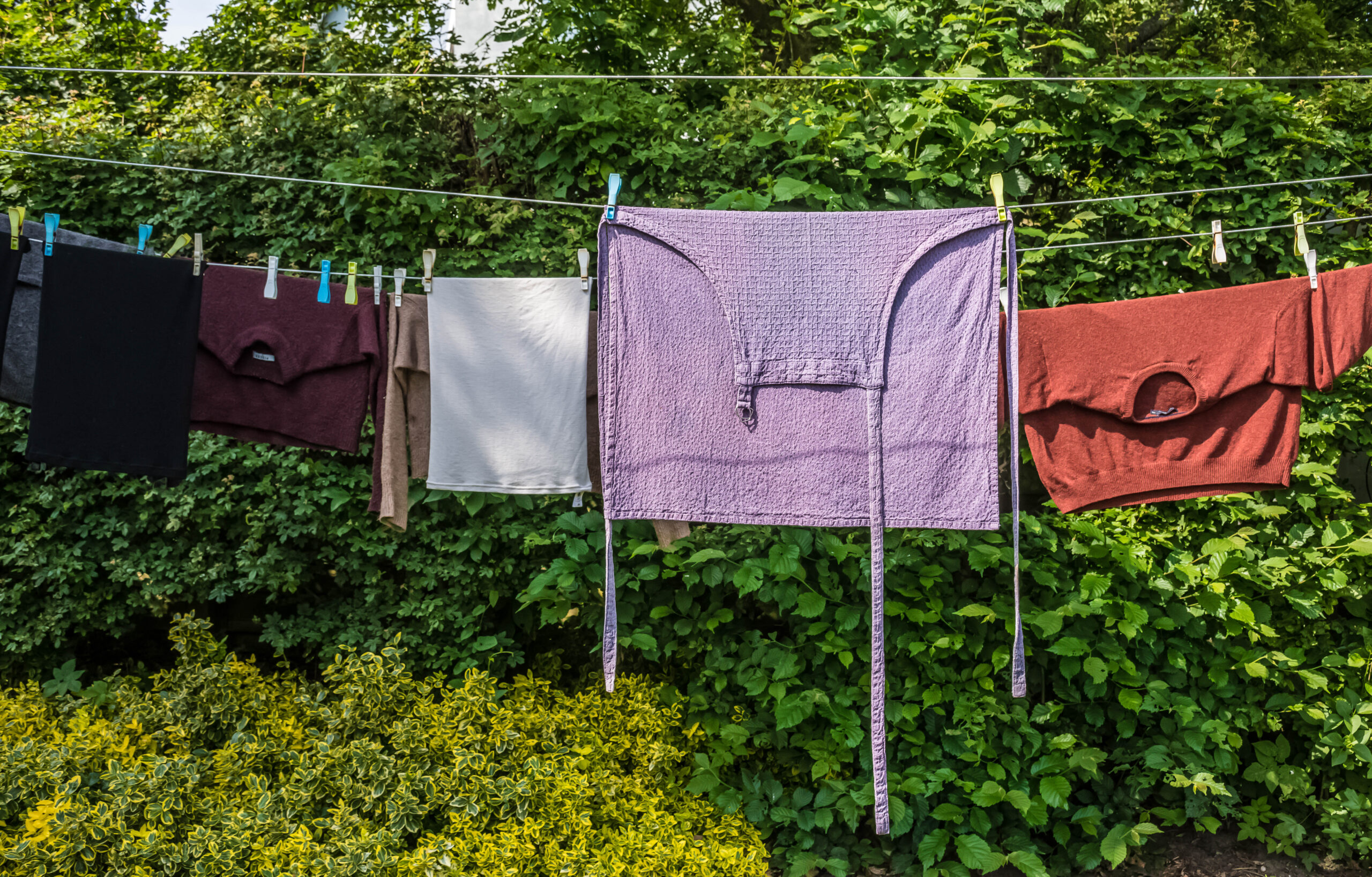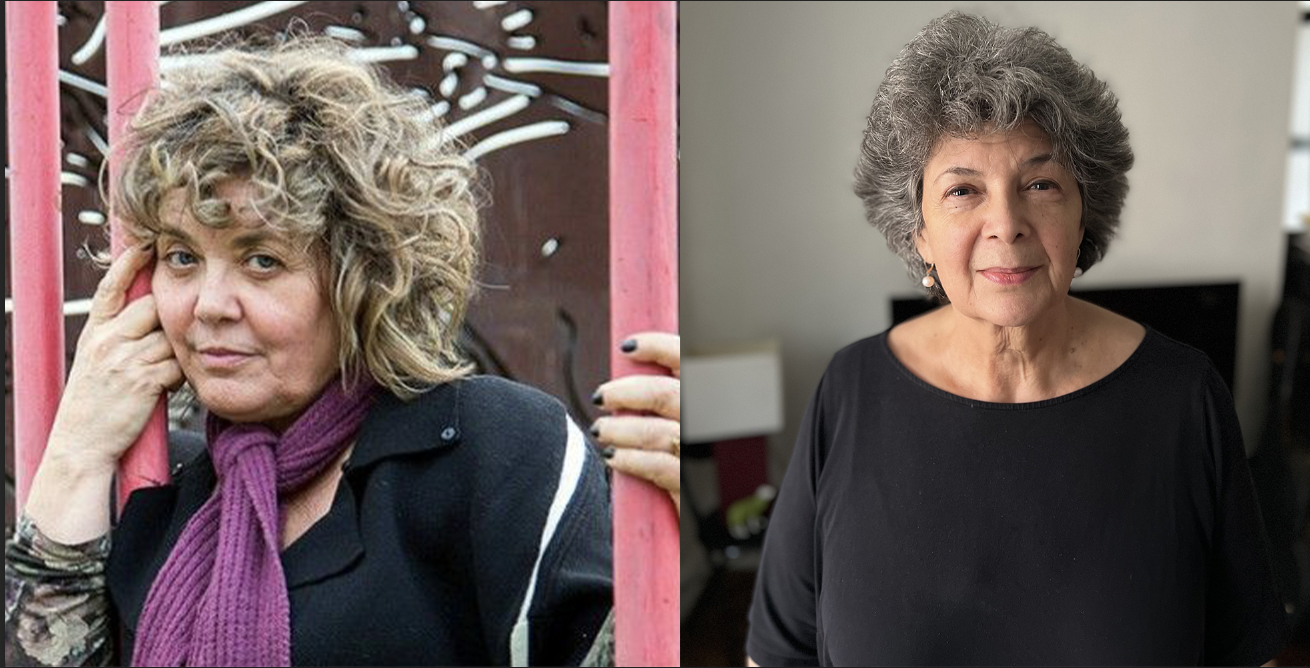
RAYCHELLE HEATH sits down with CAROLINE M. MAR to discuss reconciliation, poetic form, and Caroline’s new chapbook, Dream of the Lake.
Raychelle Heath: Dream of the Lake is such a beautiful read, and I have so many questions. Our first encounter with the lake takes us through the stages of drowning. So I’m wondering, how do you see that as an entry point into the world of the book? And why did you want the reader to encounter the lake this way first?
Caroline M. Mar: That’s a good question. I had been trying to write poems about Lake Tahoe for several years and the poems were not working. They were very sentimental, or I couldn’t get beyond “Gosh, it’s so pretty.” Because it is really beautiful. It is spectacular in a way that defies description. It was easy for me to get lost in all of the beauty of it, but I knew that that wasn’t complicated enough. I knew that I was trying to ask some pretty complicated questions of myself, of my reader, and of the landscape.
